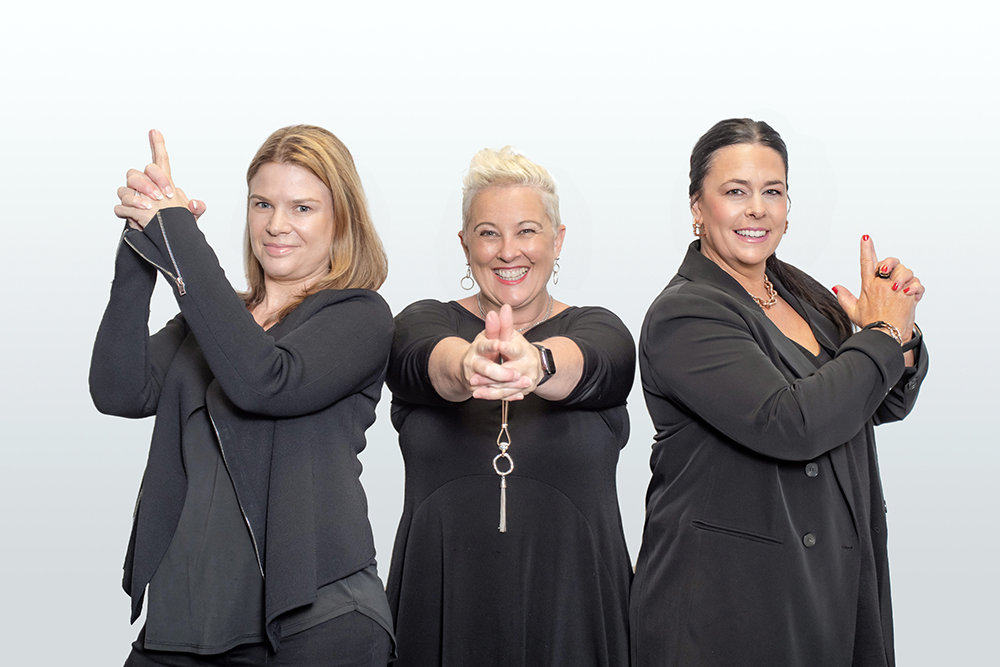How does your coaching style shape the performance and culture of your team?
With footy finals fever in the air, the AFL winner known and the NRL premier yet to come, it’s a great time to consider what type of coach you are, and what sort of team you are building. Is it a winning one?
Great teams are built not by a coach at the sidelines yelling ‘go team’, but by a coach invested in building the skills of each individual player. Someone who is focused on creating a great team culture, where the right behaviours are rewarded and bad ones are benched. Where the team win because everyone plays by the same rules, understands what they need to do and the coach understands them and coaches them to be their best.
So, how do you coach? Do you set your people up to win?
The opportunity to be a great coach occurs every day, and in every management / leadership action we take.
Recruitment & Onboarding Best Practices
Recruitment
When picking your next team member do you check they genuinely have the skills for the job? Do you use capability assessments to check for skill? If you are choosing to ‘hire what you can’t train’, are you checking for cultural fit with the rest of the team and business? Are you investing in really getting to know the person before you introduce them to your team?
Great teams, winning teams, really do start at the beginning. If you invest time in doing all you can to bring the best people into your team you are more likely to keep on winning. If you recruit by trial and error you run the risk of creating a team that has toxic behaviour, poor morale and unhappy existing team members – very much not a team set up to win.
Onboarding
So you’ve invested a lot of time in recruiting and you’re comfortable with your decision. Job done, right? Wrong! Now you have identified a new talent for your team, you have to harness that talent by ensuring the person is set up to win from the get go.
The direct manager of the new person must always, always, play an active role in the successful onboarding of a new team member. You’re the coach remember! You don’t leave it up to the admin team, the physios and the trainers to identify the skills, needs and how best to coach this person. YOU have to do it – you have to put in the hard work to get the newbie up to speed. Sure, the support team can assist, and in some areas, even do a better job than you, but you absolutely cannot be hands off and just expect to be handed a fully onboarded person ready to hit the ground running with no effort or input from you. You need to make sure you understand them, their skills, their talent, their areas of opportunity and you need to ensure you are clear on ‘how we do things around here’ by embedding your team culture right from the start.
Probation Period
If you are truly a coach, do you wait until the season is over before you give your players feedback about how they played? Of course not! A true coach who sets their team up to win, is providing constant support, guidance and direction at every game, every training match. You need to do the same. And this is particularly important during the probation period. If you invested time in recruiting this person, then the person is worth your time now. Provide them with the tools and feedback they need to successfully complete their probation period. If you identify early on that they’re not going to cut it, despite what time you invest, then don’t wait till season end to drop them from the team. Terminate the employment during probation and seek a new player to join you asap! Give them a fair chance but then make the call. If not, the damage can be significant.
Training and On-the-Job Coaching Methods
A true coach doesn’t throw (or kick) the ball at a player and say ‘here you go – go play’. They watch, they assess, they provide feedback and they check for understanding by getting the person to demonstrate what they were just taught.
When you are training someone, you tell them what they need to do, then you show them what they need to do, then you check they have understood, and then you say ‘show me’. Get them to demonstrate so you know they truly do understand what they need to do. Without getting the person to demonstrate, you haven’t trained or coached, you’ve just ‘told’. And there’s a difference. Telling gets you nowhere. You’ve just done an information dump. Training gets you skilled people – they understand what they need to do, and you have confidence that they can deliver.
The job of a coach is never done – even when the season is over a great coach is thinking about the next season, the next goal, the next player, how the team can perform. The same is true for leadership of people. Your work is never done.
Every day you need to look for opportunities to guide, support, train and coach. Every day gives you an opportunity to help your team be better than they were the day before. Remember, a winning team is made up of a group of highly engaged, highly motivated, high performing individuals that work well together. People are only highly engaged, highly motivated and perform at their best when they are coached well – factoring in their individual needs, skills, talent and restrictions, and being coached to play as part of a team.
"A good coach can change a game. A great coach can change a life."
John Wooden
If you’d like to discuss how you and your leadership team can become extraordinary coaches of winning teams, contact HR Staff n’ Stuff – we’ll be happy to help!







